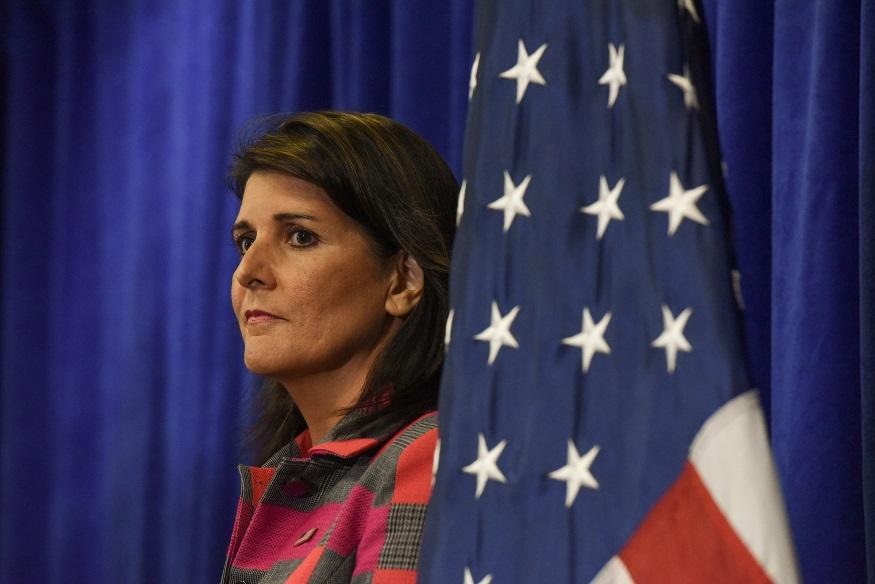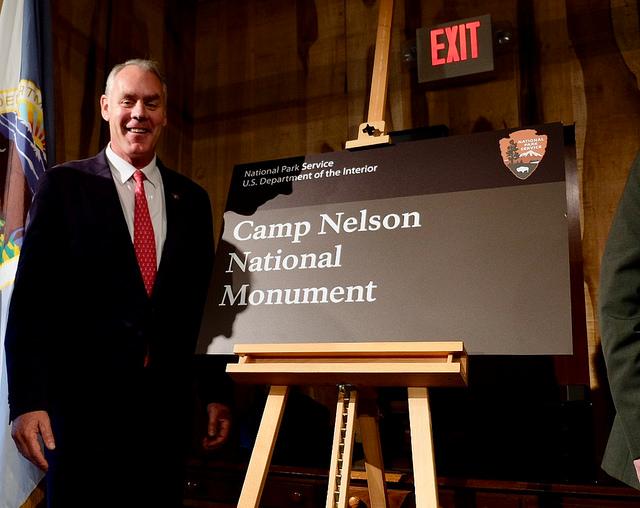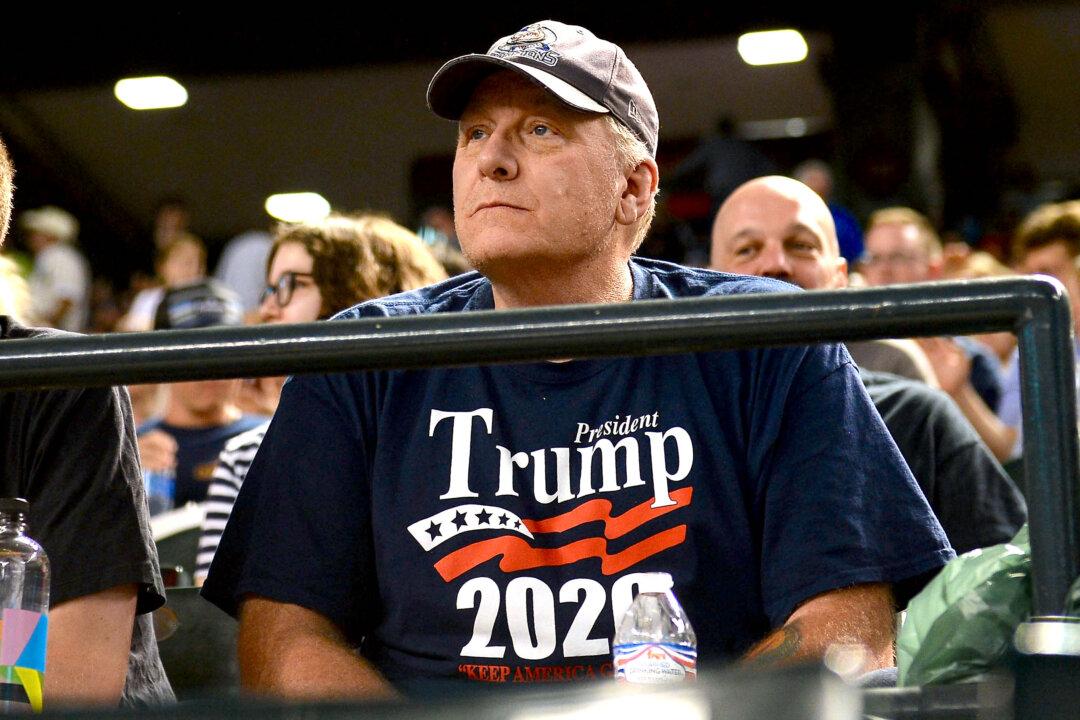Every year like clockwork, Cuba submits its resolution to the United Nations demanding the end of the economic, commercial, and financial embargo imposed by the United States. And for more than a decade, the resolution has passed without challenge.
But this year, the United States is standing up to Cuba. In an amendment submitted Oct. 23, the United States is calling out the communist country for its egregious human-rights violations and is demanding change.





